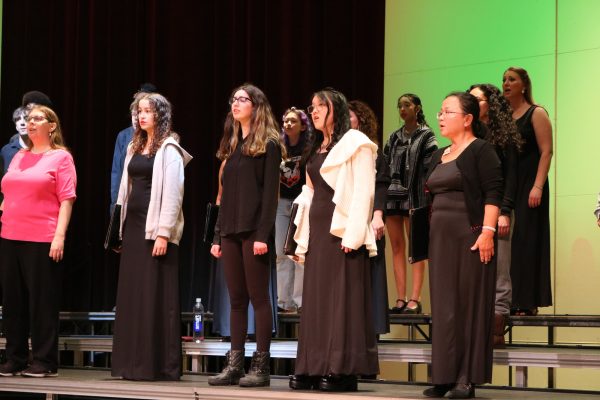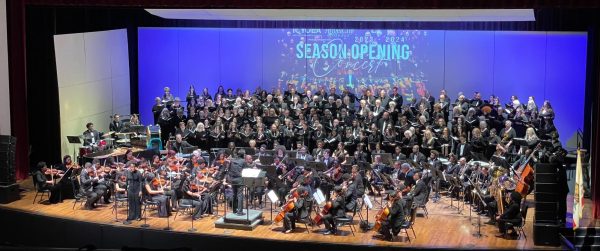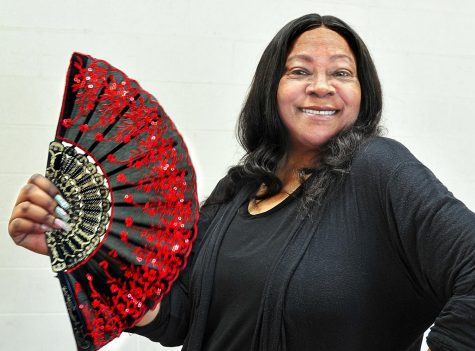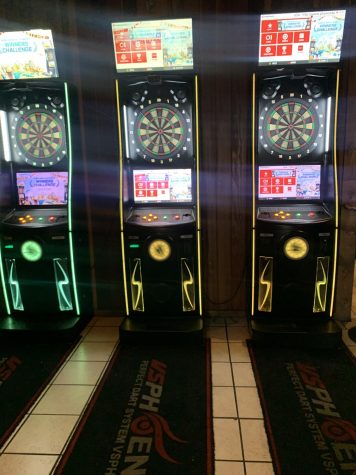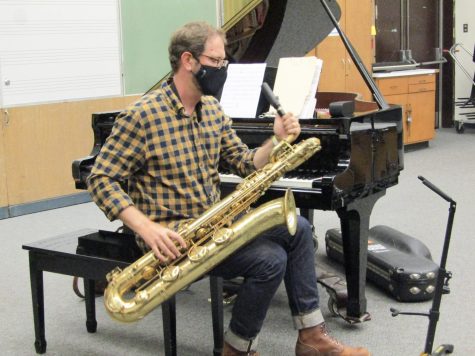Myriad 2021 goes digital
Myriad may not have physical copies for spring 2021, but students will still be able to read it on their website as the issue moves to a PDF format.
Established in 1962, El Camino College’s student-edited literary arts journal consists of poetry, short stories and artwork, all created by students where they have a chance at having their voice heard and published, retaining all rights to their original works.
“They reflect the lives of our students, so there’s no common theme other than our students,” Peter Marcoux, English professor, said. “It’s very diverse just like our student population.
Marcoux teaches English 98 this year, which is the class that edits the writings for Myriad and advertises it. Once the editors have gathered all the submissions from students, they pick the ones that they feel should be published in the Myriad.
Marcoux said advertisement has been challenging for the Myriad. Before the pandemic, they would make themselves known through club rush, passing out previously printed issues to students and stapling flyers all over the humanities building.
All they can do now is rely on their social media accounts like Twitter and Instagram for notoriety.
“We do as much social media as we can. We’ve been working with ECC Marketing [and Communications] to have them promote us a little bit, but I think just not being on campus makes it a little more difficult,” Marcoux said.
Rhea Lewitzki is an English professor who instructs English 24A, a poetry introduction class where students can learn to read and write poetry while also sharing their original writings with the class for feedback.
Lewitzki said the Myriad is huge in their class as she introduces it to students who have never heard of the magazine, whether announcing it on Canvas or handing out a physical copy for them to read.
“It invites El Camino students to participate or to submit to it,” Lewitzki said. “You can find [a literary arts journal] pretty much at any college or university and so I’ll encourage them to [start getting practice here].”
Out of the 200 to 250 submissions they take on a yearly basis, 50 of them are chosen for the issue.
They print about 1,000 to 1,500 copies of their annual journal, but due to COVID-19 Marcoux said he expects their submission rate to drop.
The software the class uses to sort out the submissions is Submittable, where students have submitted their written work to the Myriad, and the students in English 98 can vote for their favorite ones without knowing who wrote it.
The submissions may consist of one short story up to 5,000 words, one nonfiction story also up to 5,000 words, three poems, a screenplay up to ten pages, and three pieces of artwork — students can submit as much writing and art as they please within those guidelines.
Nicholas Sonico, English major and editor-in-chief of Myriad, is in charge of assigning different works to editors along with Marcoux once the editors have decided on the submissions.
Sonico said the editors for Myriad are all new and haven’t gone through the process yet of editing someone’s work, meaning they may know how to edit a short story, but haven’t yet experienced editing poetry.
He said that it can be difficult for the new editors to get into poetry, as they haven’t been “exposed to it yet.”
“You can’t really correct someone’s abstract ideas and if you change the grammar because of diction and all those kinds of rules in poetry, you can’t be messing up the poet’s intent,” Sonico said.
The editors that are assigned to edit a students’ submitted work keep in contact with that student so they can find some common ground during the editing process.
“One thing we do to make sure we don’t overedit, and it’s easier to do in-person than online, but we usually do contact the poet or author and just talk over the changes and we get their approval to make sure they’re okay with whatever we’re doing,” Sonico said.
Sonico describes the Myriad as a collection of students’ unique perspectives and an opportunity to spread those perspectives across the ECC community.
“It’s important that everyone’s voice has a chance to be heard and everyone gets a fair opportunity to get their work out, which I think we’re a good platform for that,” Sonico said.
Editor’s note: A paragraph has been adjusted for clarity on May 2.



